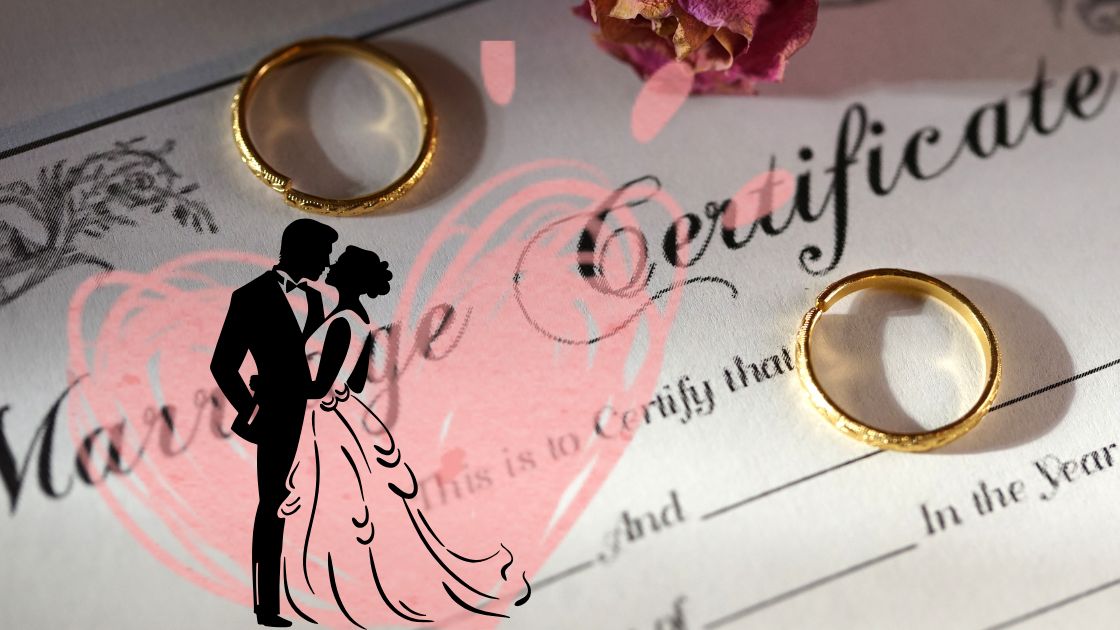Wichita, Kansas – Questions about the legality of cousin marriage often come up, especially in states with strict family relationship laws. In Kansas, the law is very clear on the subject: marrying your first cousin is illegal and the marriage is considered absolutely void. The state classifies this type of union under incest statutes, alongside other close familial relationships such as parent-child or sibling marriages.
What the Law Says
According to Kansas Statute 23-102, marriages between first cousins are explicitly prohibited. The law states that marriages within certain degrees of kinship are “absolutely void.” This includes unions between:
- Parents and children (including grandparents and grandchildren)
- Siblings, whether of whole or half-blood
- Uncles and nieces, aunts and nephews
- First cousins
If a marriage is contracted within these prohibited relationships, Kansas treats it as if it never existed in the first place.
Are There Any Exceptions?
Kansas law is strict and does not provide exceptions for first cousin marriage. Unlike some states, it does not consider circumstances such as age, infertility, or the inability to have children as valid reasons for allowing these unions. However, more distant relatives, such as first cousins once removed or half-cousins, are legally permitted to marry.
This distinction means that while the closest cousin relationship is off-limits, certain extended family marriages remain valid under Kansas law.
Cohabitation and Relationships Outside of Marriage
It is important to note that while marriage is prohibited, Kansas law does not explicitly forbid first cousins from living together or engaging in a relationship outside of marriage. This differs from some other states, where even cohabitation or sexual relations between cousins may be subject to legal restrictions.
In Kansas, the prohibition is focused solely on marriage itself, not on consensual adult relationships.
Recognition of Out-of-State Cousin Marriages
One unique aspect of Kansas family law is how it treats marriages performed in other states. Under Kansas Statute 23-115, marriages that are valid where celebrated are also recognized as valid in Kansas—even if they would not have been legal had they taken place within the state.
This means that if two first cousins marry in a state like Colorado, where such marriages are legal, Kansas will recognize the union as valid once the couple returns to the state. This legal principle follows the general U.S. approach of recognizing out-of-state marriages to maintain consistency across jurisdictions.
Why the Law Exists
The prohibition on cousin marriage is rooted in long-standing concerns about genetic risks and social taboos. Many states, including Kansas, maintain these restrictions as a way to prevent potential health complications in children born from close-relative unions.
Still, cousin marriage remains legal in over a dozen U.S. states and is widely accepted in many countries around the world, which highlights how marriage laws vary greatly depending on geography and culture.
Read Also: Iowa Cousin Marriage Laws 2025: What You Need to Know
Key Takeaways for Kansas Residents
For anyone considering marriage in Kansas, the rules are straightforward:
- Marrying your first cousin is illegal and the marriage will be void.
- First cousins once removed and half-cousins are permitted to marry.
- Kansas recognizes cousin marriages performed in states where they are legal.
- Living together or being in a relationship as cousins is not explicitly prohibited, but marriage is not allowed.
Understanding these distinctions is important for Kansas residents who may be navigating unique family circumstances or cross-state legal questions.
Final Thoughts
Kansas takes a firm stance against first cousin marriages, treating them as void under the law. However, the state does recognize cousin marriages performed in other jurisdictions, and it does not restrict cousin relationships outside of marriage.
For individuals seeking clarity, consulting Kansas family law statutes directly or speaking with a legal expert can help ensure compliance with state law.
Do you think Kansas laws on cousin marriage should stay strict, or should they change in line with states that allow it? Share your thoughts in the comments on ibwhsmag.com.


 by
by 

